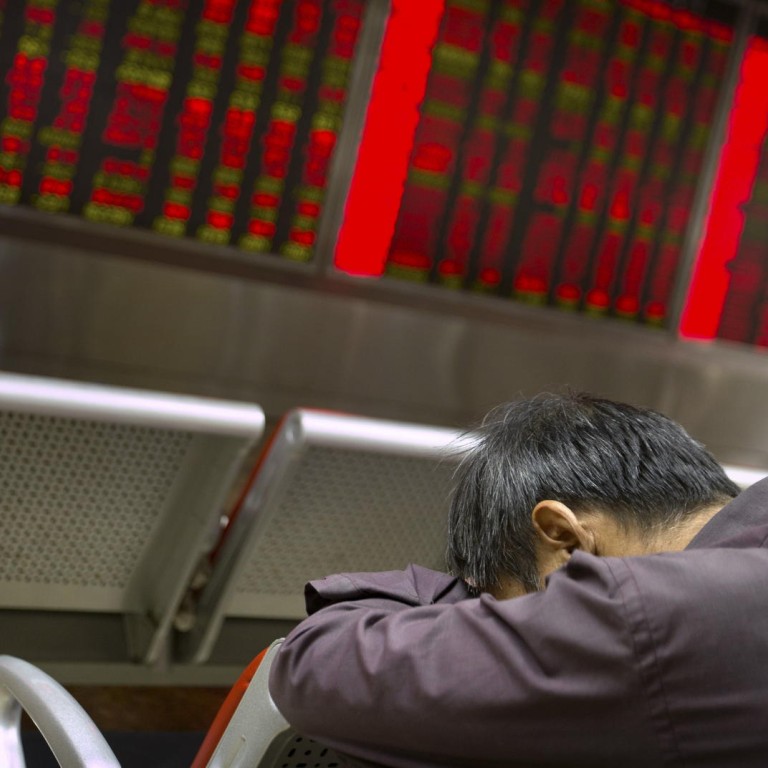
Hedge funds soar on China slowdown
Gamble pays off for fund managers who made multi-year bets on fall in emerging-market stocks, currencies starting with mainland downturn
As hedge fund managers take a beating from the slowdown in China, Ray Bakhramov is flying.
The chief investment officer of Forum Asset Management said he had been betting on an emerging-market slump since 2012. His conviction led to three years of losses of 10 per cent to 20 per cent in his Global Opportunity Fund.
Bakhramov finally got his wish in the past two months, as did a handful of managers who made multi-year wagers that emerging-market stocks and currencies would begin to fall, starting with a downturn in China.
Forum Asset's main fund notched a 24 per cent gain in July and jumped 60 per cent the following month, fuelled by short positions in the yuan and the Taiwan and Singapore dollars, according to a letter to investors.
All told, the fund has risen 107 per cent in the first eight months of this year and an average of 18.7 per cent a year since its 2005 inception.
"We're basically long volatility," said Bakhramov, who previously structured asset-backed securities at Credit Suisse Group.
Eric Peters, the chief investment officer of One River Asset Management, also made a bundle during the market rout.
Peters said he had been shorting Australian and Brazilian stocks, the Norwegian krone, the Chilean peso and soyabeans while going long on Australian bonds.
One River sets up a fund for each investor who picks among the company's five macro themes. A two-year-old strategy called "Dutch disease" has bet against currencies and stocks in commodity-producing countries. It increased 18 per cent in the first eight months of this year, mostly in the past two months, according to a person with knowledge of the returns.
Another theme started last year called "long volatility" jumped about 9 per cent last month and has gained 9 per cent this year, said the person.
As China's appetite for commodities waned, producers in emerging markets would not see a rebound in demand any time soon, Peters said.
"This is a very powerful force, for countries to go through a period where they've grown so wealthy and now have to adjust their expectations," he said. "It's difficult to attract new types of companies or industries to their country.
"These things take a long time."
Bakhramov and Peters have been outpacing their peers. The average hedge fund that makes wagers on macroeconomic events lost 0.8 per cent in the first eight months of this year, while the average fund betting across strategies lost 0.1 per cent in the same period, according to Chicago-based data provider Hedge Fund Research.
Crescat Capital is also beating rivals, with its main global macro fund rising 4.8 per cent last month after betting against the yuan since last year. The fund has gained 11 per cent this year, according to Crescat's website.
North Asset Management took a bearish position on China around the middle of last year and gained 8.1 per cent this year, chief investment officer George Papamarkakis said.
"We've been negative on the Chinese economy and we've been thinking that they're going to have to cut rates aggressively," Papamarkakis said.
Bakhramov sees tumult in emerging markets continuing for years as distortions caused by uninterrupted waves of investment are corrected.

